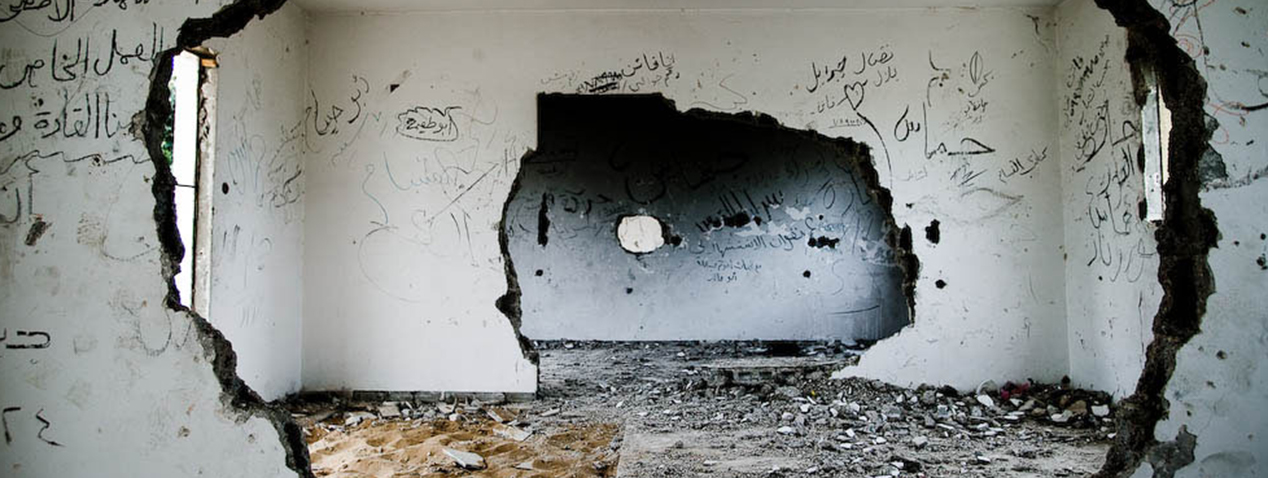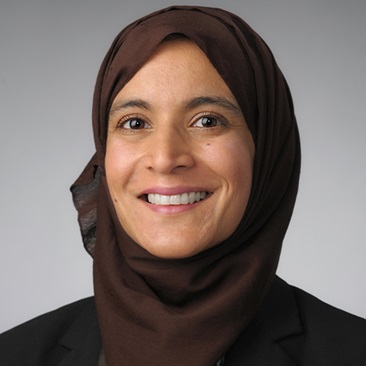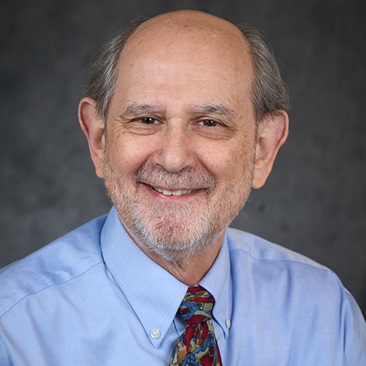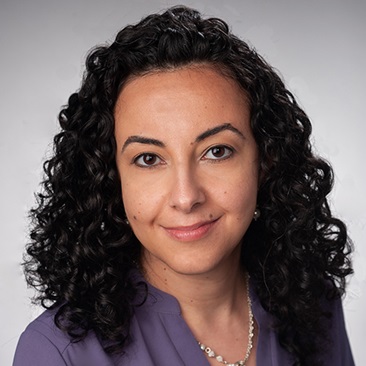Work for a Harmonious World
International and Intra-State Conflict

Selection of Research Projects
Peace building through Economic Development in the Middle East
In collaboration with the Near East Foundation (NEF.), PARCC faculty work on projects to promote peace building through economic development. The first collaboration took place in 2013 in Nablus where PARCC faculty provided input on the design of a multi-year project called “Olive Oil without Borders” that aimed to build relationships and collaboration through economic cooperation between Israeli and Palestinian olive oil sectors.
Additionally, a working group of faculty and students seeks to understand the theory of change behind such work, establish project impact assessments and develop related publications and presentations.
Spoilers of Peace Project
Spoiling behavior includes coercive tactics used to strengthen the hand of hardliners on either side of a conflict. Violence may be used to outrage citizens, sideline moderates or exacerbate insecurity and hatred. Alternately, nonviolent methods—such as pulling out of, or refusing to join, a government coalition committed to peacemaking—prolong conflict even when much of the population prefers peace.
Successful de-escalation of intrastate conflicts often requires negating spoiling tactics used to thwart peace building efforts.
Constructive Transformation: Studying Cases of Political Incorporation
While civil war and violent internal strife typically end violently and by use of force, there are instances when parties to such conflicts decide to end conflict constructively and peaceably.
In association with The Moynihan Institute, this project investigates why and how these constructive transformation paths are chosen. We are particularly interested in mapping the processes and dynamics that (1) lead groups to engage in violent struggle in the first place, (2) contribute to the peaceful de-escalation of violent struggle, and (3) sustain and nurture this transformation.
Memories of Violence and the Rhetoric of Commemoration at Ground Zero
Research conducted for this project analyzed various public debates and conflicts over how to design memorial structures and revitalize communal space in the wake of September 11, 2001. Interviews with officials and observations of rebuilding progress were conducted at the site of the World Trade Center in lower Manhattan for the purpose of studying how communities and institutions commemorate the past in order to overcome periods of violence and conflict.
In addition, textual data relating to the rebuilding efforts (such as publicity materials pertaining to construction and urban design) were analyzed.
Apply for a PARCC Mini-Grant by April 15
PARCC offers mini-grants in two tracks: (1) conflict and collaboration, and (2) the John Burdick mini-grant for social movements and social change. Awards range from $500-$2,500 to support research activities in our areas of focus. The awards selection is based on potential contribution to scholarship, possibility of future funding, consistency with the goals of PARCC and cost-effectiveness. Syracuse University and SUNY-ESF faculty and students are eligible to apply.
PARCC in Action
School News

Apr 15, 2024
Research

Apr 12, 2024
Research

Apr 9, 2024
